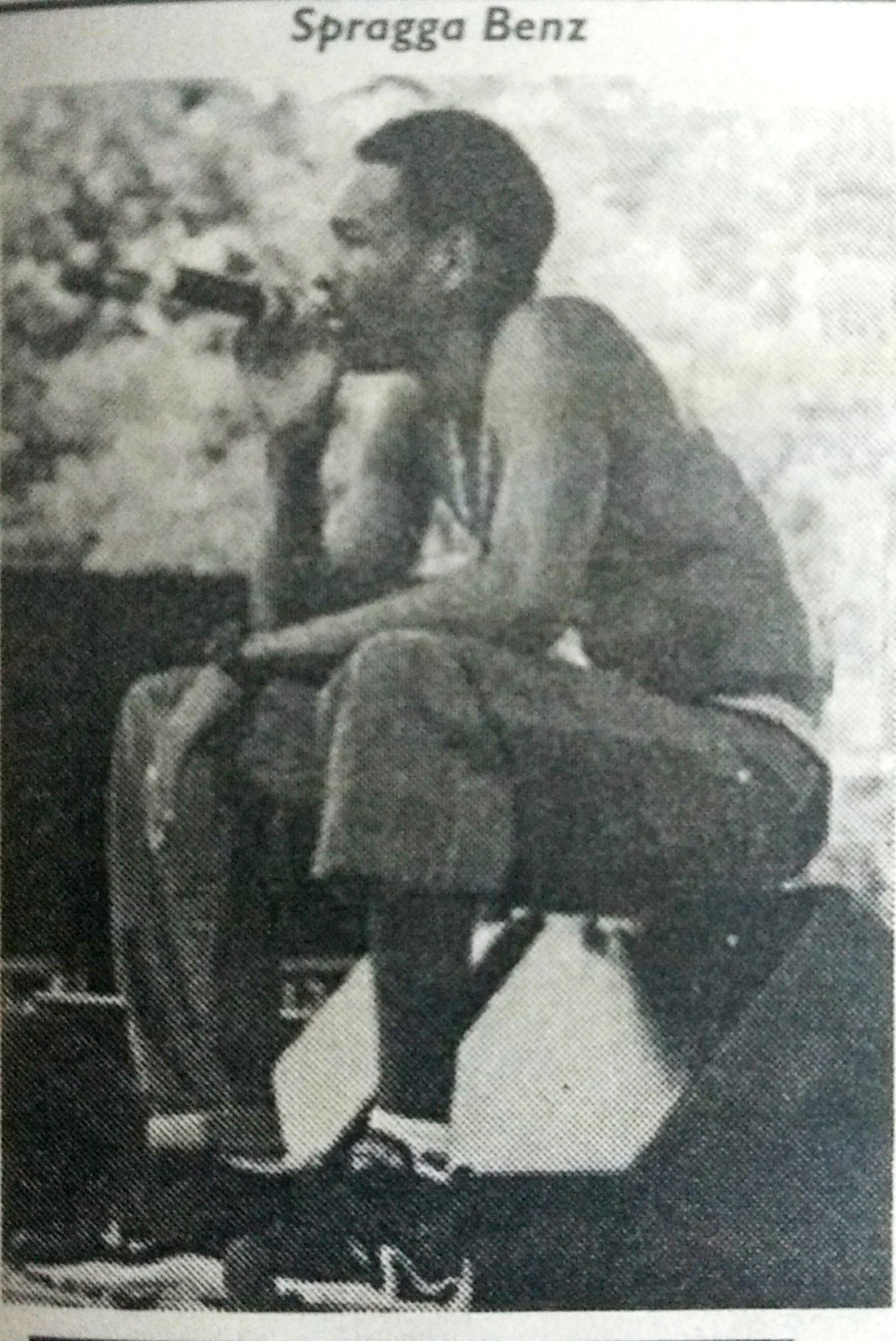By Cherion Drakes
It’s a Saturday night at Epiphany, a local nightclub in downtown Toronto. The dance floor is packed. Everyone’s dancing to the latest R&B tunes. Suddenly, the DJ gets on the microphone and announces he’s going to play some dancehall reggae.
The crowd responds with yells of approval. When the DJ starts playing the song the crowd starts to scream. The songs stops, he gets on the microphone again and yells out to the crowd: “Ya like that tune? Ya like that tune?”
He then proceeds to play the song again — from the top. It’s Spragga Benz’s latest song, “We ‘na like.”
The song is about both homosexuals speaking out against homophobia in Jamaica and the disagreement some Jamaicans have with those who are vocal about their homosexuality.
“The people get very excited when these songs come on. They beat on the walls, scream and sing along in agreement,” says Morris Henry, owner of Black Prince Sound Crew, a group that DJs around Toronto.
Some dancehall reggae has been criticized over the past few years for having blatantly homophobic lyrics. Recently, homosexual groups in Jamaica have attempted to stage rallies protesting these lyrics and the homophobia in their country.
Dancehall reggae, which has a heavier dance beat than traditional reggae, became popular during the 1980s. Simultaneously criticisms began to emerge about widespread homophobia in reggae music. In the past few years, several dancehall reggae artists have come under attack for their lyrics. When songs like “funny man fe dead” by Shabba Ranks and Buju Banton’s “Boom Bye Bye” were released, several gay rights groups came to Jamaica demanding public apologies from the artists. Both songs, which were very popular on the dance floor, talk about killing gay men.
“When my aunt wanted me to go to these parties I felt awkward,” says David Jackson, a Jamaican-born gay man. “I’d just stay in the corner and not talk much, I didn’t want to give it away at any parties because people would be beat me up for being gay.”
Most Jamaicans would agree there is a strong anti-gay sentiment.
“I remember when I was growing up in Jamaica a police officer caught these two guys having sex and killed them because they were gay,” recalls Henry, a Toronto DJ. “Another time Kris Kross (a hip hop duo) came to Jamaica for a concert. They used to wear their pants backward so the zipper opened in the back. The crowd booed them off the stage and shouted, ‘fags, come off the stage.’ They thought because they were two guys and were wearing pants that zipped up from the back, then they were obviously gay.”
Reggae music originated in Jamaica in the 1960s. The lyrics often reflected the political culture and views of Jamaican society. In the ‘80s the lyrics started to change. Songs like Yellowman’s “Don’t bend down” a warning to heterosexuals about the rise homosexuality, became popular. The music seems to help to perpetuate these attitudes in the mainstream.
“Whatever issues are out there, it is expressed in the songs,” said Denise Jones, president of Jones & Jones Productions, a Toronto-based production company. “They’re not reflecting their personal thoughts but the thought in the society.”
The basis for the powerful feeling against homosexuality comes from Christianity. In mainstream and dancehall reggae, artists sing about their love for Jah (Jesus Christ/God) and often refer to quotes from the Bible.
“Jamaica is a very religious country and Christianity is the base of Jamaican culture,” said Jones, who has produced songs for Buju Banton and other reggae artists around the world. “Reggae artists are always referring to passages in the Bible and always calling on Jesus.”
In the Bible, Romans:6:26-29 denounces homosexuality by stating “men leaving the natural use of the woman, burned in their lust one toward another … who knowing the judgement of God, that they which commit such things are worthy of death.”
Reggae songs that preach about killing homosexual are justified in the minds of the singers with biblical quotes and references such as these. Silver Cat, a singer from Jamaica, makes a biblical reference to Adam and then Eve in one of his songs: “God never made Adam and Steve, he made Adam and Eve.”
As dancehall’s popularity grows, so is the gay community’s influence in Jamaica. But as with many cultures, homosexuality has a long way to go before finding acceptance.
And while gay activist groups continue to protest against homophobic lyrics, recent songs like Buju Banton’s “How it ago go” which clearly denounce homosexuality, continue to be produced and find acceptance in the mainstream.
*David Jackson is a pseudonym












Marty Speilburg
Yellowman did not write “don’t bend down.” Please change or delete your article.